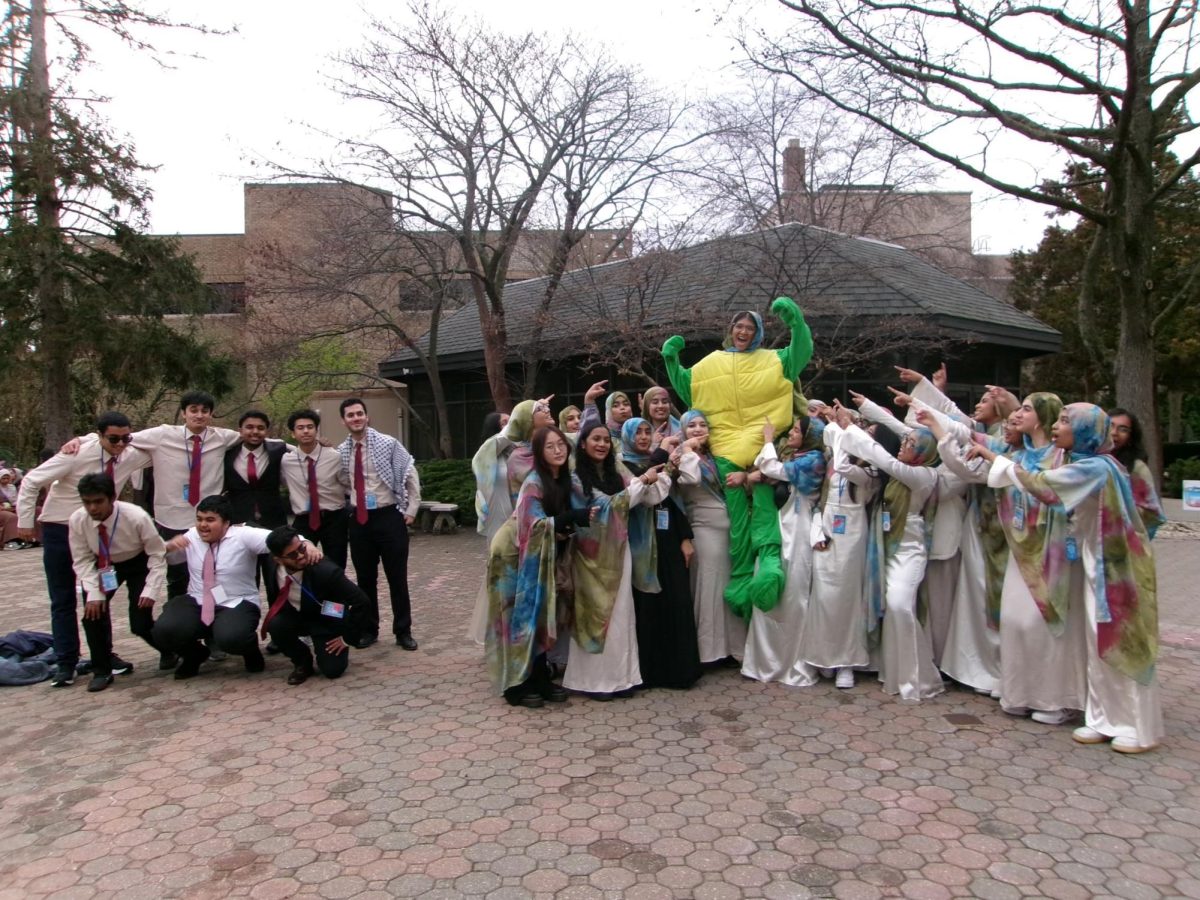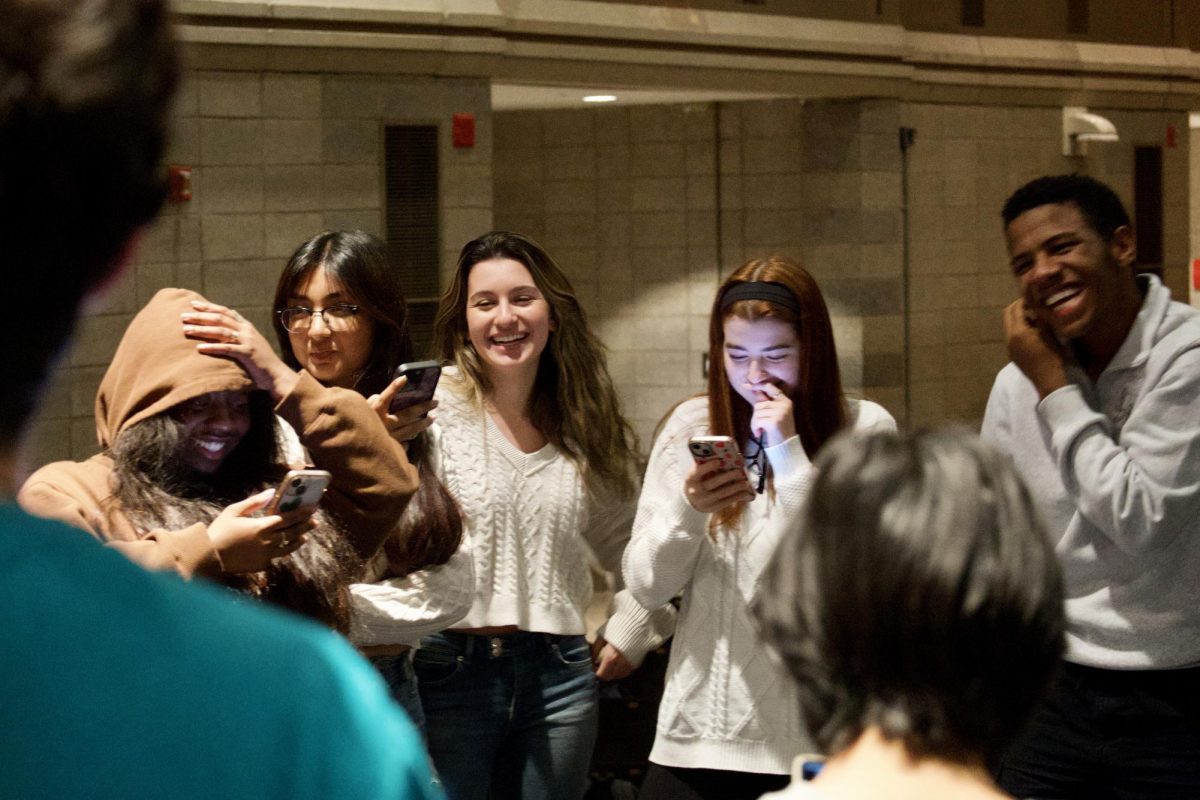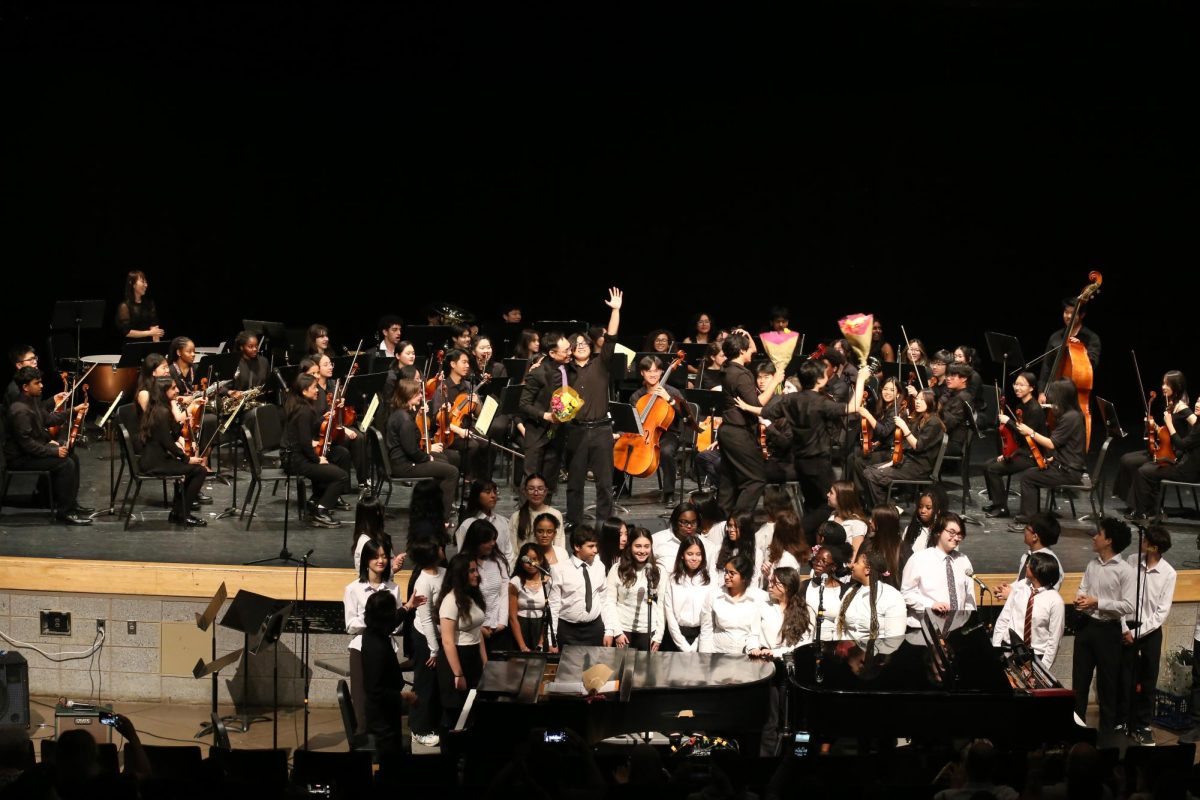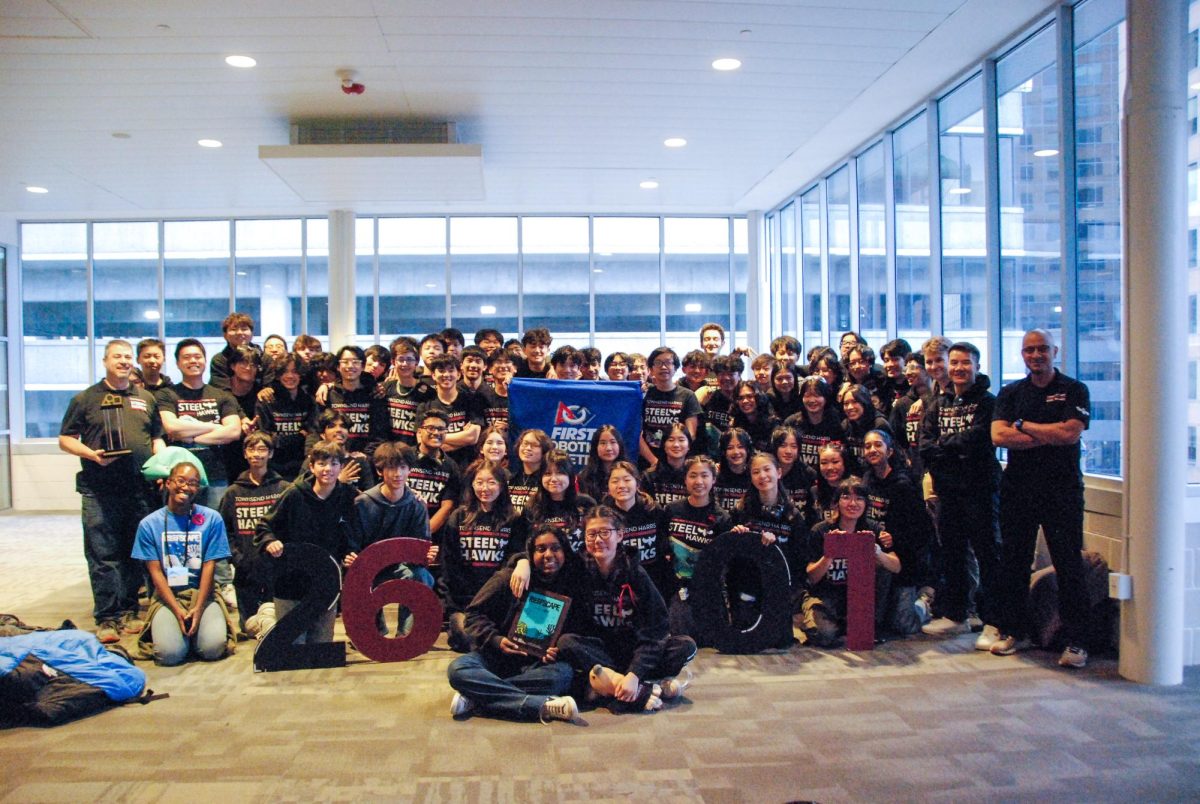

Following last year’s controversy, the classrooms of Townsend Harris High School reopened last week to the sounds of a new bell schedule. Not even a week after its implementation, the schedule has already received bittersweet reviews from both the faculty and student body. The bell schedule’s primary mission was to ensure that classes don’t fall behind one another anymore. However, from my standpoint, this bell schedule offers little to no benefits, and has in fact proven to be counterproductive in certain classes.
Among all the changes to our daily routine, the cuts on classroom time present an immense challenge to teachers. Mr. Canzoneri, a teacher known for his in-depth explanations, stated that, “with bands being forty minutes rather than fifty, I have to concentrate on getting through all the material.” Never before have teachers truly stressed a lack of sufficient time to finish a subject. Harry Quinn, senior, added that “teachers now spend less time on other activities, and decide to go into the heart of the topic immediately.” This new focus on finishing material, rather than explaining it, has serious long-term ramifications. Granted, Harrisites are no strangers to self-study and self-assessment, but understanding information inside the classroom certainly helps. Without allocating enough time to properly explaining the material, some students could find themselves lagging behind others.
Logically, in the face of these new time constraints, a student may seek a more thorough explanation after-school. However, enrichment activities are now considered volunteer work for teachers because of the new bell schedule. As a result, many teachers have decided to leave school earlier than they previously did. Several times this week, I have roamed the school at 3:15 looking for teachers, only to learn that they had already left. Without the promise of after-school tutoring, students are now forced to learn everything in class.
However, the burdens of the new bell schedule extend beyond the complaints of the student body. Indeed, the faculty of Townsend Harris also seems pressured by the changes. Several teachers, including Mr. Owens (LOTE) and Mr. Scardino (Humanities) commented that they miss the break in between bands. This break gave teachers fifty minutes to decompress and ready themselves for the next class. Additionally, many teachers, such as Dr. Mazza (Math and Science Department) preferred the fifty minute bands, as it allowed them to incorporate more practice problems and examples into the lesson. Moreover, the fifty minute band allowed for more leniency and open discussion, rather than immediately plunging into the cold waters of the subject. The new schedule forces teachers to move quickly, often times cutting out vital portions in their routine along the way.
If you thought the complications brought about by the new bell schedule were condemned to academics alone, think again. This schedule also presents a problem to Physical Education teachers. Essentially, it compresses the activities of the class into a shorter interval. It is true that many teachers had to grow accustomed to having classes during lunch bands last year, so the time difference isn’t dramatic. However, physical education teachers who used to teach non-lunch bands now face a smaller amount of time to work with. Ms. Caiaccia (Physical Education) expressed that she “…needs to make sure that workouts are more concise and planned to conform to the new schedule.” She added that “…the new schedule means less timed runs over twenty minutes and fewer full-period games.” Now, I understand that there are not too many fans of timed runs, but what about our European handball games? Nevertheless, the new bell schedule openly compromises our ability to be physically active within school. With fewer timed runs and full-period games, students will no longer be able to test their stamina or endurance, be it on the track or in the gymnasium.
As of yet, the new schedule change has failed to offer any substantial benefits to either the students or the faculty. In theory, the new bell schedule did promise results that kept classes across a subject at the same pace. In order to accomplish this, we sacrificed lesson time from each band. Although the cuts on classroom time only amount to ten minutes a band, those ten minutes represent twenty percent of the lesson. Cumulatively, this could lead to classes falling behind in the course curriculum. Thus, the new bell schedule essentially fails to accomplish the goals for which it was created. In fact, this new schedule only intensifies the problem and spreads it across the board in a subject.
Although many hold the opinion that this is a matter of simply adapting to the new schedule, the loss of teaching time will ultimately diminish the quality of teaching. The way I see it, not too many Harrisites are going to be saved by the bell anymore.





























Lina • Sep 17, 2013 at 10:40 pm
Great article Harry. Everything you wrote was foreshadowed last year when they first thought of changing the schedule.